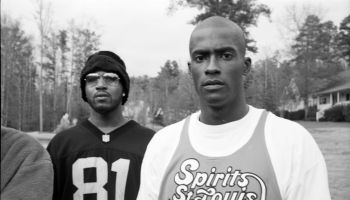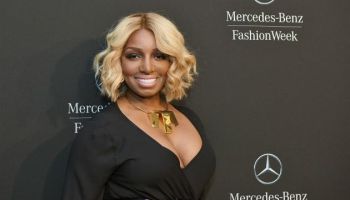VIA: CNN.com
One returned to her Haitian roots, to give voice to women, honor their stories and shape their futures.
Another urged women to pack a courtroom in Haiti, where she succeeded in getting a guilty verdict against a man who battered his wife.
A third joined the others and helped change the law to make rape, long a political weapon in Haiti, a punishable crime.
Myriam Merlet, Magalie Marcelin and Anne Marie Coriolan, founders of three of the country’s most important advocacy organizations working on behalf of women and girls, are confirmed dead — victims of last week’s 7.0 earthquake.
And their deaths have left members of the women’s movement, Haitian and otherwise, reeling.
“Words are missing for me. I lost a large chunk of my personal, political and social life,” Carolle Charles wrote in an e-mail to colleagues. The Haitian-born sociology professor at Baruch College in New York is chair of Dwa Fanm (meaning “Women’s Rights” in Creole), a Brooklyn-based advocacy group. These women “were my friends, my colleagues and my associates. I cannot envision going to Haiti without seeing them.”
Myriam Merlet was until recently the chief of staff of Haiti’s Ministry for Gender and the Rights of Women, established in 1995, and still served as a top adviser. She died after being trapped beneath her collapsed Port-au-Prince home, Charles said. She was 53.
Merlet, an author as well as an activist, fled Haiti in the 1970s. She studied in Canada, steeping herself in economics, women’s issues, feminist theory and political sociology.
In the mid-1980s, she returned to her homeland. In “Walking on Fire: Haitian Women’s Stories of Survival and Resistance,” published in 2001, she contributed an essay, “The More People Dream,” in which she described what brought her back.
“While I was abroad I felt the need to find out who I was and where my soul was. I chose to be a Haitian woman,” she wrote. “We’re a country in which three-fourths of the people can’t read and don’t eat properly. I’m an integral part of the situation. I am not in Canada in a black ghetto, or an extraterrestrial from outer space. I am a Haitian woman. I don’t mean to say that I am responsible for the problems. But still, as a Haitian woman, I must make an effort so that all together we can extricate ourselves from them.”
She was a founder of Enfofamn, an organization that raises awareness about women through media, collects stories and works to honor their names. Among her efforts, she set out to get streets named after Haitian women who came before her, Charles said.
Read more here.














